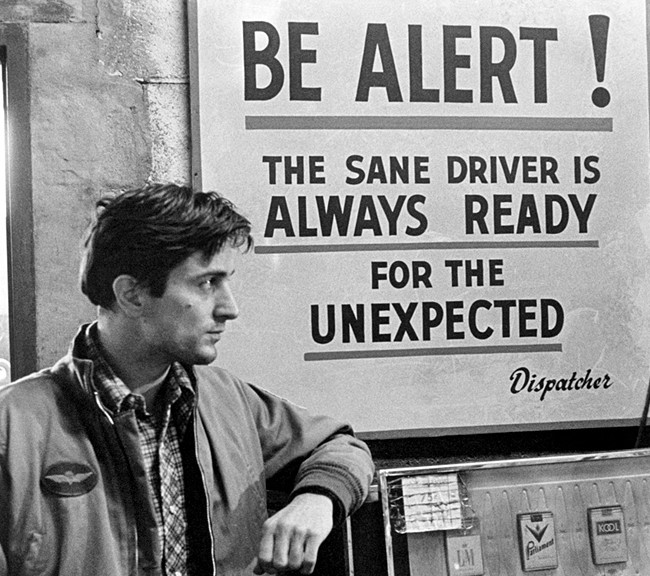Education now is largely preparation for a world that won’t exist on graduation day, and it’s not entirely the fault of our learning system. No one can really pinpoint where to from here, not with robotics and AI moving forward in a rapid but unpredictable manner. It’s difficult to learn to dance on a moving floor. Professions can rise and fall in a day, relatively speaking.
In a Fast Company piece, Ryan Holmes offers prescriptions which aren’t new but are the best we currently have: a more free-range education based on the Montessori method and guaranteed basic income. An excerpt:
White-collar roles once thought to be the exclusive domain of human beings could also end up on the chopping block. The first to go, according to the experts Pew surveyed, include paralegals, bookkeepers, transcriptionists, and medical secretaries. The widespread use of DIY tax and finance software and automatic transcription tools like Siri only hints at the changes to come in these sectors. The important thing to note is that these jobs aren’t just repetitive mechanical functions. They require an ability to learn and adapt to new information. And this is precisely why the coming AI revolution is so scary.
I’ve seen how quickly new roles can appear and disappear even in my own sector, social media. Just a few years ago, “social media manager” was one of the most in-demand job functions on the career site Indeed.com. Then social media management tools—including those made by my company, Hootsuite—became more widespread and easy to use. Social media use has increased exponentially since then, but demand for dedicated social media managers hasn’t kept pace. This is still a critical role in large organizations, but for many businesses, ever more sophisticated technology has transformed social media from a discrete job into something that people all across an organization can do. …
Promoting creativity and encouraging independent thinking might help us stay ahead of job losses in the short term. But in the long term, advanced robots may well be able to execute even some of these uniquely “human” functions better than we can. Here we’re getting into the realm of “strong” or “full” AI—machines that aren’t just able to learn basic tasks but can master pretty much anything. If you’re a futurist, this is when talk of the “singularity” comes into the picture—the moment when computers can make themselves smarter, leading to capabilities that match, and then quickly exceed, our own.•
Tags: Ryan Holmes

